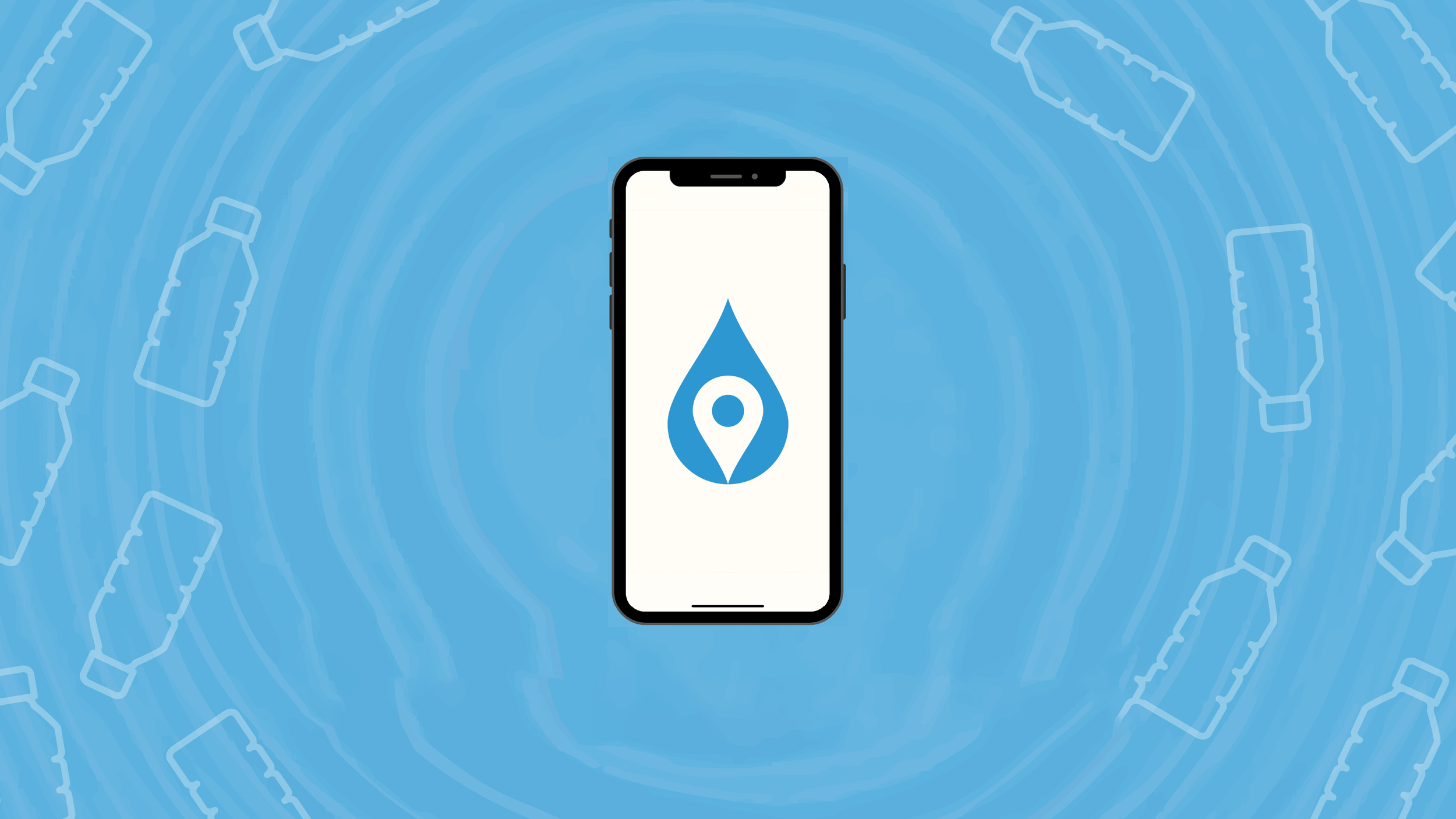Refill your bottle, clean the ocean
For the next two months on the mymizu app, every time you record a refill, you trigger the removal of 10 bottles’ worth of plastic (≈200 g) from the ocean and coastal environments. This is the Clean Ocean Refill Campaign, a collaboration by mymizu, Waterdrop®, Second Life, and Pocketseed, running September 20 to November 20, 2025. The aim: turn a daily habit into measurable, verifiable impact.
Check out our live plastic tracker here.
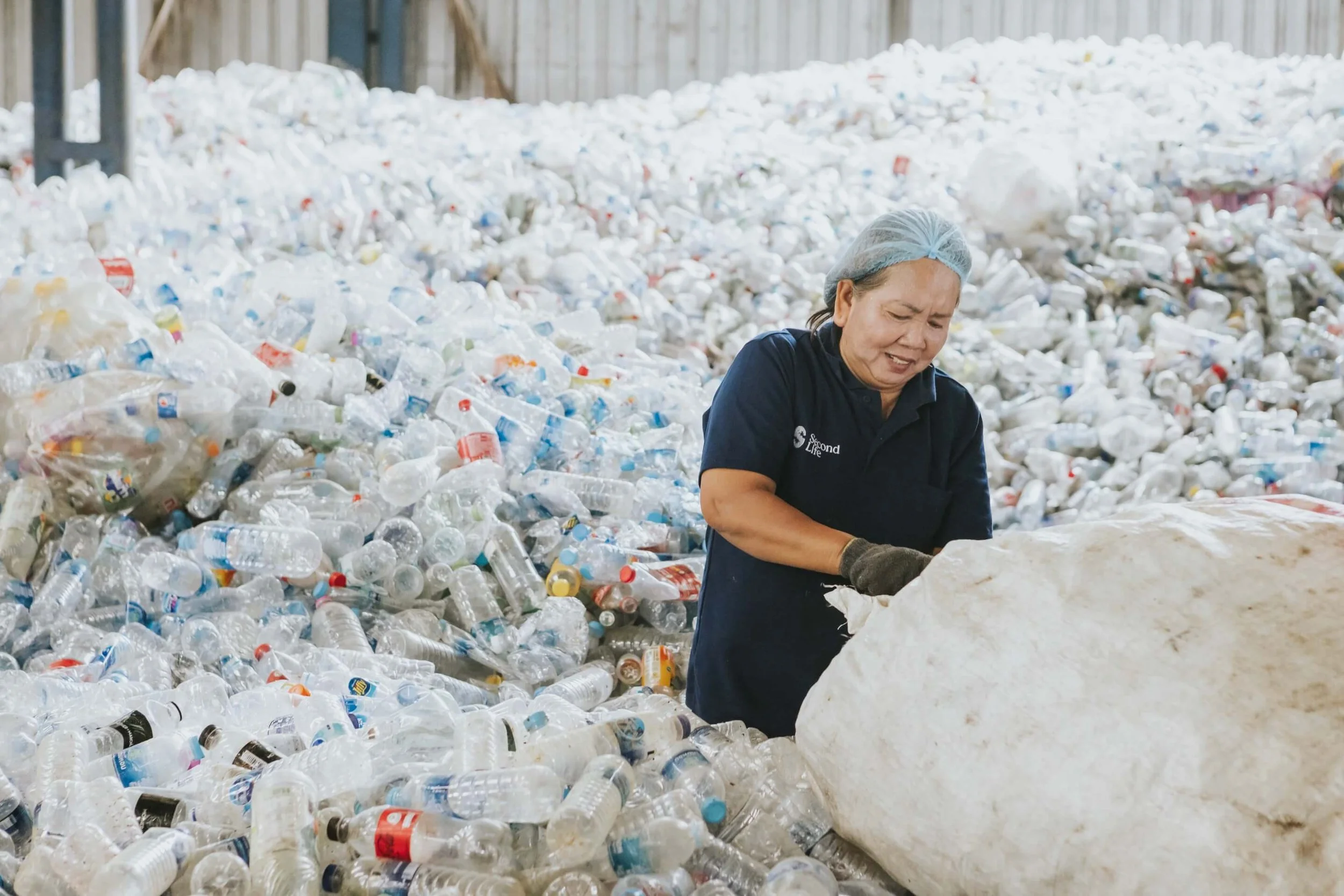
“Ten bottles” explained (and why our math is conservative)
Our promise is ~10 bottles = ~200 g per refill comes from a simple, defensible assumption:
1 typical 500–600 ml PET bottle body ≈ 20 g.
Why 20 g?
- Real-world weights today: In Japan, 500–600 ml bottles range widely. Many still-water bottles are ultra-light, some around 11–12 g; heavier, heat-resistant and carbonated formats typically run ~20–25 g. Using 20 g as the baseline keeps us conservative and fair across the mix you find in the environment. (Nippon)
- Clear boundaries: When we say “bottle,” we mean the PET body only (not caps/labels), which aligns with how packaging weights are defined. (Closures are separate and can add several grams on their own.) (MDPI)
So the math is: 10 × 20 g = 200 g per refill. Scale that up: 50,000 refills ≈ 10 tonnes of plastic.
What is “ocean plastic”?
In this campaign, “ocean plastic” means plastic removed from marine and coastal ecosystems, plus ocean-bound plastic intercepted before it leaks into the sea. Second Life operates with local networks across Thailand’s remote coastal and island communities, strengthening livelihoods while removing, sorting, and recycling plastic. In short: it doesn’t just pull plastic out; it keeps the oceans clean by stopping leakage. (Verra)
More than just plastic
Beyond removal, the program strengthens coastal communities. Local collectors, many of them women, earn income with training, PPE, and safer working practices, while investments in sorting and baling keep value in coastal towns. Traceable chains from shoreline to recycler divert waste from dumping and open burning, improving air and water quality and keeping drains clear (which helps reduce storm-flood risk). Cleaner beaches also support marine life and the visitor economy, so every refill delivers compounding benefits for livelihoods, biodiversity, and resilience.
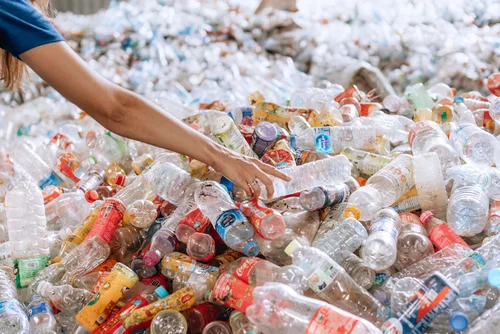
How the impact is measured (and why it’s trusted)
We use the Verra Plastic Waste Reduction Program, which sets independently audited methodologies for Plastic Waste Collection and Plastic Waste Recycling. Projects must follow standardized measurement procedures and undergo third-party validation/verification, so impact isn’t just claimed, it’s proven. (Verra)
It’s no coincidence that Second Life Thailand was the first project globally to be issued credits under Verra’s Plastic Program, setting a high bar for accountability. Methodological rigor prevents double counting and gives brands, consumers, and regulators a common, trusted basis for action. (Verra)
Want to go deeper? See the methodologies:
For a market-wide view, the World Bank outlines both the opportunities and guardrails needed for credible plastic crediting—underscoring why strong governance and clear definitions matter. (World Bank)
PocketSeed’s transparency layer (a.k.a. how you can see the proof)
Behind the scenes, PocketSeed turns impact data into tamper-evident Smart Certificates:
- We log verified volumes from the Verra-certified project.
- We issue a Smart Certificate for each verified batch and anchor it on blockchain for integrity and version history.
- Anyone, users, partners, regulators, can open the certificate, trace the evidence, and even ask our AI specific questions (“Where was this batch collected?” “How was it processed?”). The AI answers only from the certificate’s evidence for credibility.
This is interactive proof: impact you can click into, audit, and understand, without wading through PDFs. (Explore it for yourself here here.)
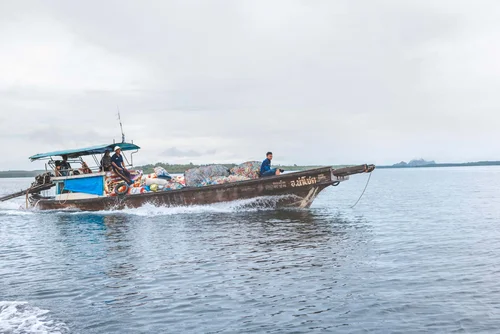
Why this matters now (the trend you can’t ignore)
Consumers are over vague promises; enforcement is tightening. The EU’s Green Claims Directive is currently paused, but the policy direction remains toward evidence-backed, verifiable environmental claims. Meanwhile in the UK, the DMCCA gives the CMA the power to fine up to 10% of global turnover for breaches of consumer law—including misleading green claims. The signal is clear: defensible claims or don’t make them. (Reuters)
The Clean Ocean Refill Campaign shows what defensible impact looks like: a simple user action, a transparent conversion factor (10 bottles ≈ 200 g), a named project with field-level traceability, and a public verification layer you can interrogate.
What’s ahead
This is a glimpse of the next era of sustainability: claims as verifiable knowledge, not marketing copy. As more brands and platforms adopt open, certificate-backed impact, we’ll see fewer overclaims, faster approvals, and stronger trust with customers and regulators alike.
Refill. Remove. Repeat.
How to participate (and see the proof)
- Refill & log in the mymizu app (Sep 20–Nov 20).
- Cleanup is funded in lockstep with your refills.
- You verify on PocketSeed: open the Refill for the Ocean Smart Certificate, watch totals move, and click through the evidence and credit IDs.
Small habit, real cleanup, receipts you can share.
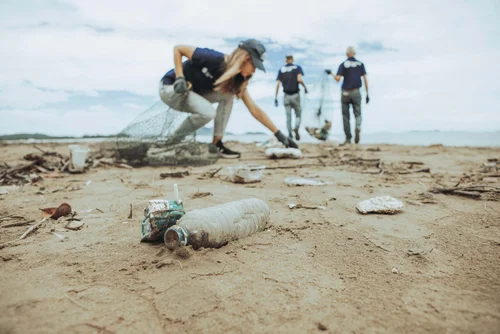
Further reading / partner links
mymizu ・ Waterdrop® ・ Second Life ・ Pocketseed ・ Verra: Plastic Waste Reduction Program, Collection Methodology, Recycling Methodology ・ Campaign press release (JP): PR TIMES ・ PET bottle weights and lightweighting context: Nippon.com,


